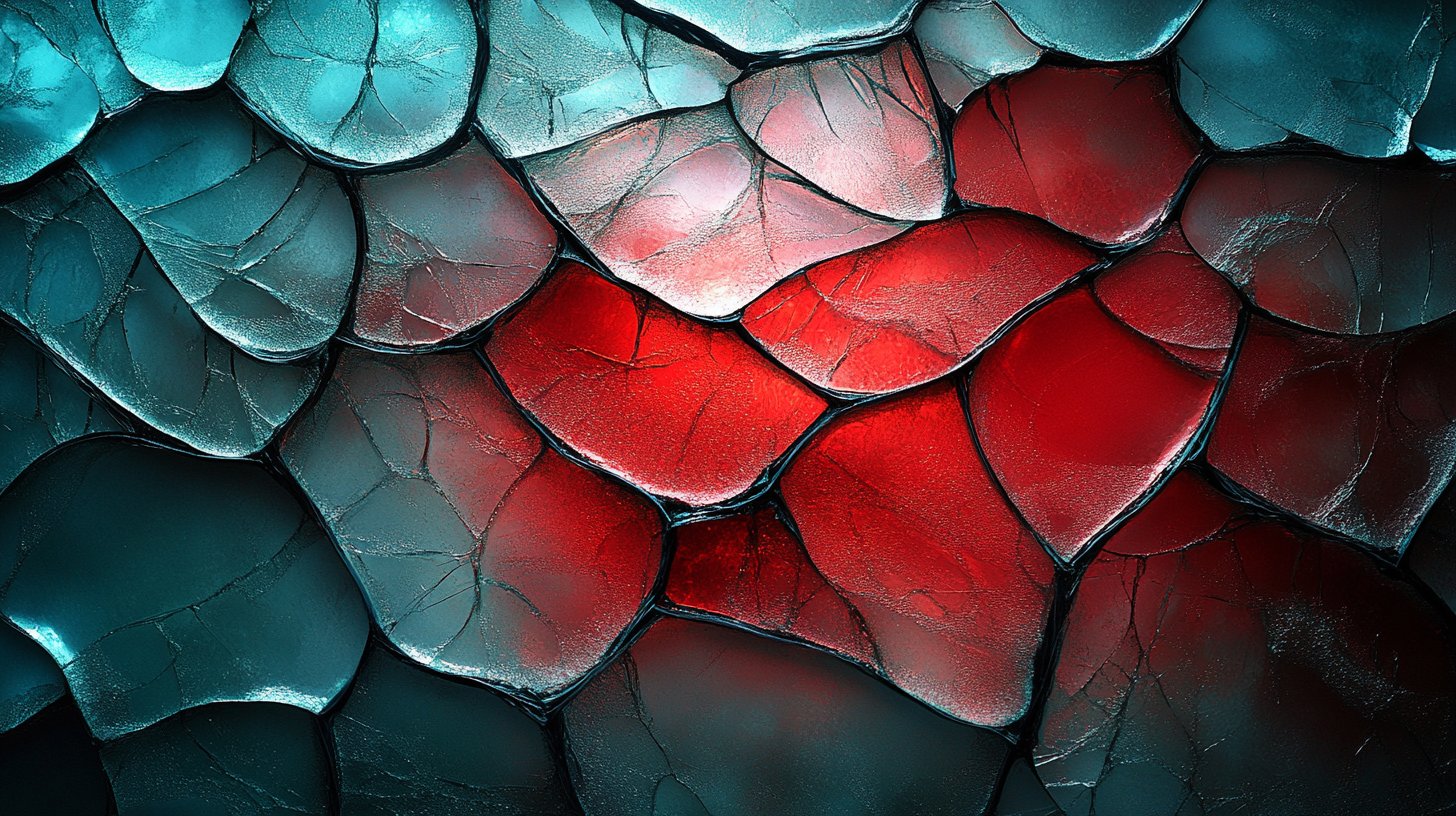How Destructive Relationships Shape Our Lives

Destructive relationships, emotional health, and personal development are key themes that are often interconnected. Many people experience at least one relationship in their lives that they perceive as harmful or burdensome. These relationships can not only drain us emotionally but also significantly affect our self-esteem and hinder our personal growth. It is important to understand these connections in order to better protect ourselves and actively shape our lives.
Relationships shape our lives and our well-being. When we maintain positive relationships with the people around us, our inner balance is often aligned as well. However, the reality also includes the fact that we occasionally get caught in destructive relationship patterns. These can occur in the form of friendships, partnerships, or even family ties. It is crucial to recognize these destructive elements early on to prevent them from negatively impacting our lives.
The Characteristics of Destructive Relationships
Destructive relationships are often marked by critical traits. These primarily include manipulation, control, and emotional abuse. In such relationships, it can be difficult to set clear boundaries, as feelings of guilt and the need for approval often prevail. Typical signs include constant arguing, lack of support, and unequal power dynamics. These characteristics often lead to a person feeling unhappy, insecure, and isolated. Anyone in such a relationship should seriously ask themselves whether this connection is truly beneficial for their life.

The Impact on Our Self-Esteem
Destructive relationships can exert a significant influence on our self-esteem. Persistent criticism and lack of appreciation from a partner can severely affect the self-image of the person involved. One begins to doubt themselves and question their own perception of reality. In severe cases, this can even lead to depression or anxiety disorders. It is important to realize that these negative influences do not define our true identity. A strong sense of self-esteem is therefore essential to escape or end such relationships.

The Path to Healing and Self-Discovery
The path to healing begins with recognizing the destructive patterns and actively distancing oneself from them. This can often be a painful but necessary process. It may help to seek support, whether through friends, family, or professional assistance. Building a new social network that provides positive impulses is crucial for personal development. It is also important to take time for oneself to reflect on one's emotions and learn what one appreciates about themselves. Through self-love and acceptance, one can emerge strengthened from this phase and build healthy, supportive relationships.

In conclusion, it can be said that destructive relationships can have a profound impact on our lives. However, it is vital to become aware of these influences and actively work on our emotional health. The path to change may be challenging, but it is a necessary step towards self-discovery and building healthier relationships. Start today by setting your boundaries and freeing yourself from harmful influences. Everyone deserves to live in a positive and supportive environment.


